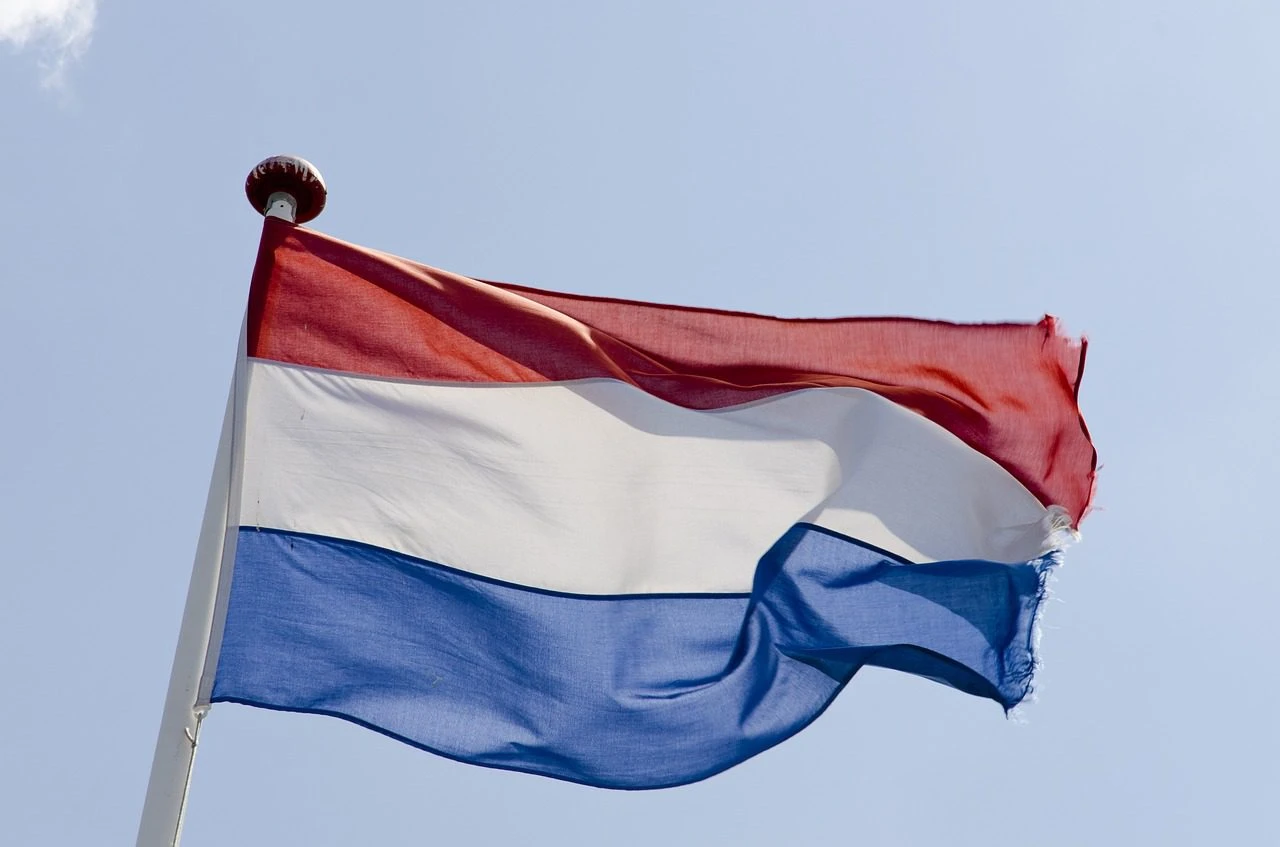Dutch Minister grilled on self-exclusion launch failure

The fault meant that the country’s market launch was delayed by a day, while the Cruks system was not available to customers until 4 October, three days after the igaming market launched.
The questions were answered over two sessions, one held before the igaming market opened – on 29 September – and one held after, on 5 October 2021.
During the first session, MP Michel van Nispen questioned Dekker on the preparation undertaken for the market launch and the Cruks platform testing.
Dekker confirmed that stress tests had taken place, which tested the projected effectiveness of Cruks while the ten licensed operators and other gaming offerings were operational.
When asked why Cruks malfunctioned during the second question session, Dekker explained that pre-market launch tests were unable to predict the malfunction.
“Cruks was tested in the so-called test environment in the period before 1 October,” said Dekker.
“However, live connections to providers could not be tested. The reason for this is that Cruks works with BSN numbers [citizen service numbers]. Before October 1, it was not possible to exchange BSN numbers because the regulations that would’ve allowed this only came into effect on October 1, 2021.”
Dekker also responded to why KSA allowed licensees to launch when Cruks had not yet been fixed, citing apprehension at black market play.
“It is true that on 2 October, KSA allowed newly licensed providers to offer online games of chance when not all problems with Cruks had been resolved,” admitted Dekker.
“There was a fear that more Dutch people would gamble at illegal sites if they could not go to legal Dutch providers during the weekend.”
In addition, Dekker emphasised that other responsible gambling measures were in place in the meantime.
“KSA had also taken into account that the licensed providers, in addition to Cruks, had various instruments to combat gambling addiction.”
When asked of the consequences in the delay, Dekker again mentioned the potential for players to turn to offshore play.
“In the event that the Gaming Authority had not made registration possible, the only offerings would’ve been the illegal games, in which case the risks are greater,” asserted Dekker.
“It’s also worth noting that a number of larger foreign providers no longer serve Dutch players, precisely from the opening of the legal market on 1 October.”
Earlier this week, KSA chairman René Jansen apologised for the delayed igaming market launch.
